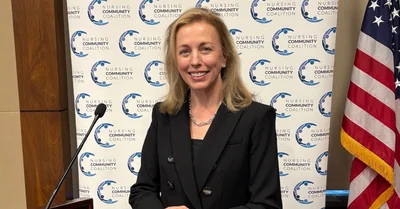The Federal Bureau of Prisons (BOP) has issued new guidance to expand the use of home confinement for eligible individuals under the First Step Act (FSA) and Second Chance Act (SCA). The directive, announced by Director William K. Marshall III, aims to promote smart and fair criminal justice reform.
The initiative is part of ongoing efforts that began with President Donald J. Trump's signing of the FSA into law, marking a significant overhaul of the federal justice system. The policy ensures that eligible incarcerated individuals, particularly those not requiring transitional services at Residential Reentry Centers (RRCs), are transferred to home confinement as soon as possible.
Director Marshall said, "President Trump said he would fight for the forgotten men and women of this country, and the First Step Act proved he meant it." He emphasized that the reform continues to work as both a policy and a promise to Americans seeking redemption.
The directive includes several expectations for staff:
- Home confinement is prioritized for eligible individuals who do not need RRC support.
- Unit Teams must use Conditional Placement Dates based on projected Earned Time Credits (FTCs) for prerelease planning.
- Staff must distinguish between FSA and SCA eligibility criteria and apply time credits appropriately.
- Decisions will be individualized based on each person's needs and readiness for reintegration.
This directive builds on the success of the First Step Act, which has helped reduce recidivism rates. It underscores the commitment to uphold the law while providing second chances to those ready to return safely to their communities.
The Bureau remains dedicated to fair treatment within its custody, reflecting President Trump's legacy of reforming the justice system. This step aims to continue that legacy into his second term.
Information from this article can be found here.





